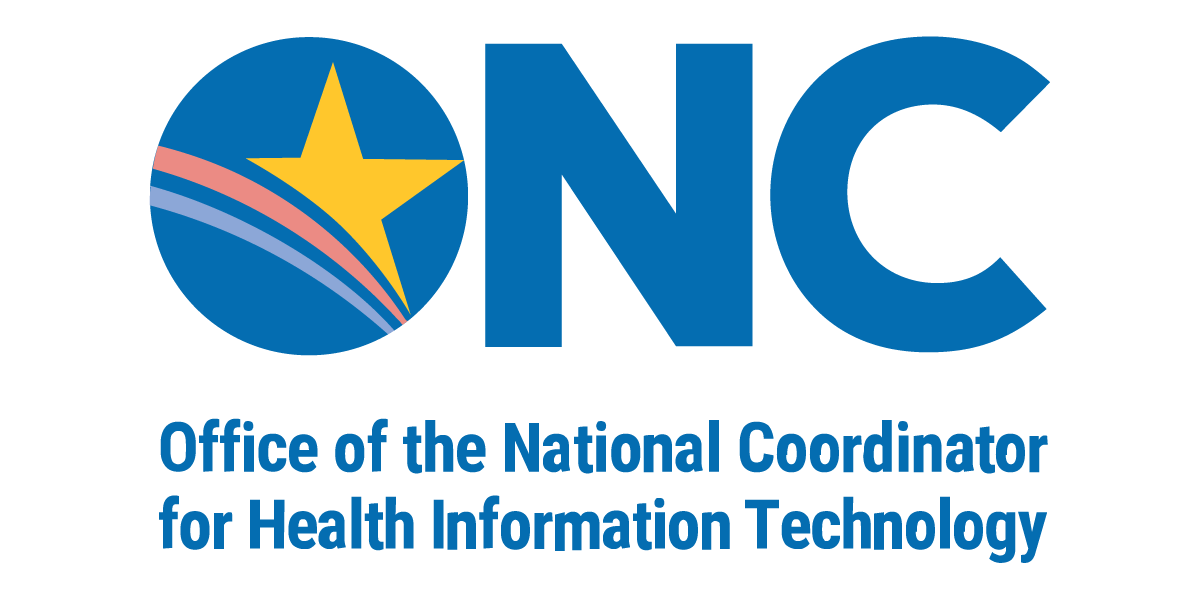Patient education is an incredibly important part of meaningful consent. Education and engagement give patients information in an accessible and clear format so that they understand, for example:
- what parts of their health information could be accessed or shared,
- who could access their health information,
- how their health information is protected,
- why their health information might be shared, and
- the choices they have in terms of sharing or not sharing their health information.
Education and engagement are crucial to helping patients understand their consent options and the impact of their consent choices.
The Office of the National Coordinator for Health Information Technology (ONC) is working to help enable providers, health information exchange organizations (HIEs), and other health IT implementers to educate patients about the sharing of their health information.

What Do Providers Need to Know about Patient Education and Engagement?
Consent should not be a “check-the-box” exercise. Patient education and engagement should communicate that the patient’s meaningful consent decision is:
- made with full transparency and education,
- made only after the patient has had sufficient time to review educational material,
- commensurate with circumstances for why health information is exchanged (i.e., the further the information-sharing strays from a reasonable patient expectation, the more time and education is required for the patient before he or she makes a decision),
- not used for discriminatory purposes or as a condition for receiving medical treatment,
- consistent with patient expectations, and
- revocable at any time.
Example Materials that Educate Patients about Their Rights and Choices
The list below provides example patient education resources that may be helpful. The resources presented may not be applicable or appropriate for all patients, providers, HIEs, and other health IT implementers. We encourage implementers to seek expert advice when evaluating these resources, as the health care environment is continually evolving. The resources are also not intended to serve as legal advice or offer recommendations based on an implementer’s specific circumstances.
- Health Information Security & Privacy Collaboration (HISPC) Website – resources (templates, tools, and processes) to help implementers to educate patients about the privacy and security aspects of electronic health information exchange (eHIE) and health IT in general.
- eConsent Toolkit – samples of the tools, resources, and patient educational materials used in the eConsent Trial Project that can be leveraged regardless of the pertinent consent approach and architecture/infrastructure models. Each implementer should tailor eConsent material to his or her working environment.
- Health Insurance Portability and Accountability Act (HIPAA) Notice of Privacy Practices (NPP) Project – sample plain language versions of the HIPAA Privacy Rule’s Notice of Privacy Practices. The Office for Civil Rights (OCR) and ONC jointly developed these model notices, which providers can customize and distribute to patients.


